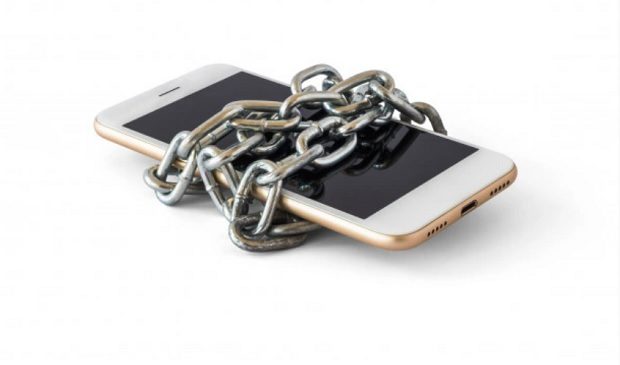The Covid-19 pandemic is pushing countries to adopt digital technologies to better cope with the tremendous impacts of this health crisis.

However, when it comes to digitalization, the Philippines continues to face challenges including a still-wide digital divide and the lack of access, among others.
In an online forum launch recently, experts, government officials, and technology leaders gathered together to discuss digitalization and its crucial role in the country’s economic growth.
A white paper called “Overview of the Development of the Digital Economy in the Philippines” was also launched in the online forum. The white paper was a result of a study by the National University of Singapore’s Lee Kuan Yew School of Public Policy.
“As mobility restriction and social distancing measure[s] have been limiting our face-to-face interaction, the availability of digital technology emerges as a key determinant for resilience and continuous growth,” said Francesco Mancini, National University of Singapore vice dean and associate professor.
Mancini said for a developing country like the Philippines, “digital technology ensures better governance, improves the quality and reach of e-learning, and creates and/or retains jobs and industries. It could also aid pandemic response by facilitating safety protocols, vaccine rollouts, and accessible health and non-health services to curb Covid-19 cases.”
To promote the digital economy, Mancini said the government should invest both in infrastructure and people.
Mancini said this entails government policies and projects that can complement commercial initiatives to secure access to technology and training for all Filipinos.
“Digital transformation requires change from multiple fronts. It is an adaptive challenge and not just a technical one,” he said.
Mancini said in the white paper also identified the “analog economy” as a big factor in the Philippines, where actual money and offline transactions still exist. “Unfortunately, not only countries are on the same page when it comes to digitalization,” he said.
The paper also showed that high costs, tight regulations, and logistical problems have held back local digitalization and adoption among Filipinos.
Sen. Grace Poe-Llamanzares, who gave a keynote speech at the forum, said meanwhile said “fast, reliable, and affordable connectivity makes a huge difference… in e-commerce, online learning, entertainment, telemedicine, and of course, the simple but vital act of staying in touch with our loved ones.”
The lawmaker stressed that “while there are people with access to the Internet, there are people who are grossly underserved or unserved,” she said, noting that “broadband is still a challenge, considering that broadband speeds in the country average 16Mbps, which is far from the average of many countries.”
“Affordability is also an issue and many areas are underserved with an estimated 40% of people still unconnected,” the senator said, adding that better services are still needed from telecom operators.
However, there are bright spots in the Philippines when it comes to technology.
Ricky Banaag, COO of tech firm DFNN, said “digital transformation is ongoing as we speak. In fact, the Philippines is number one in the world for Internet usage and in terms of social media.”




